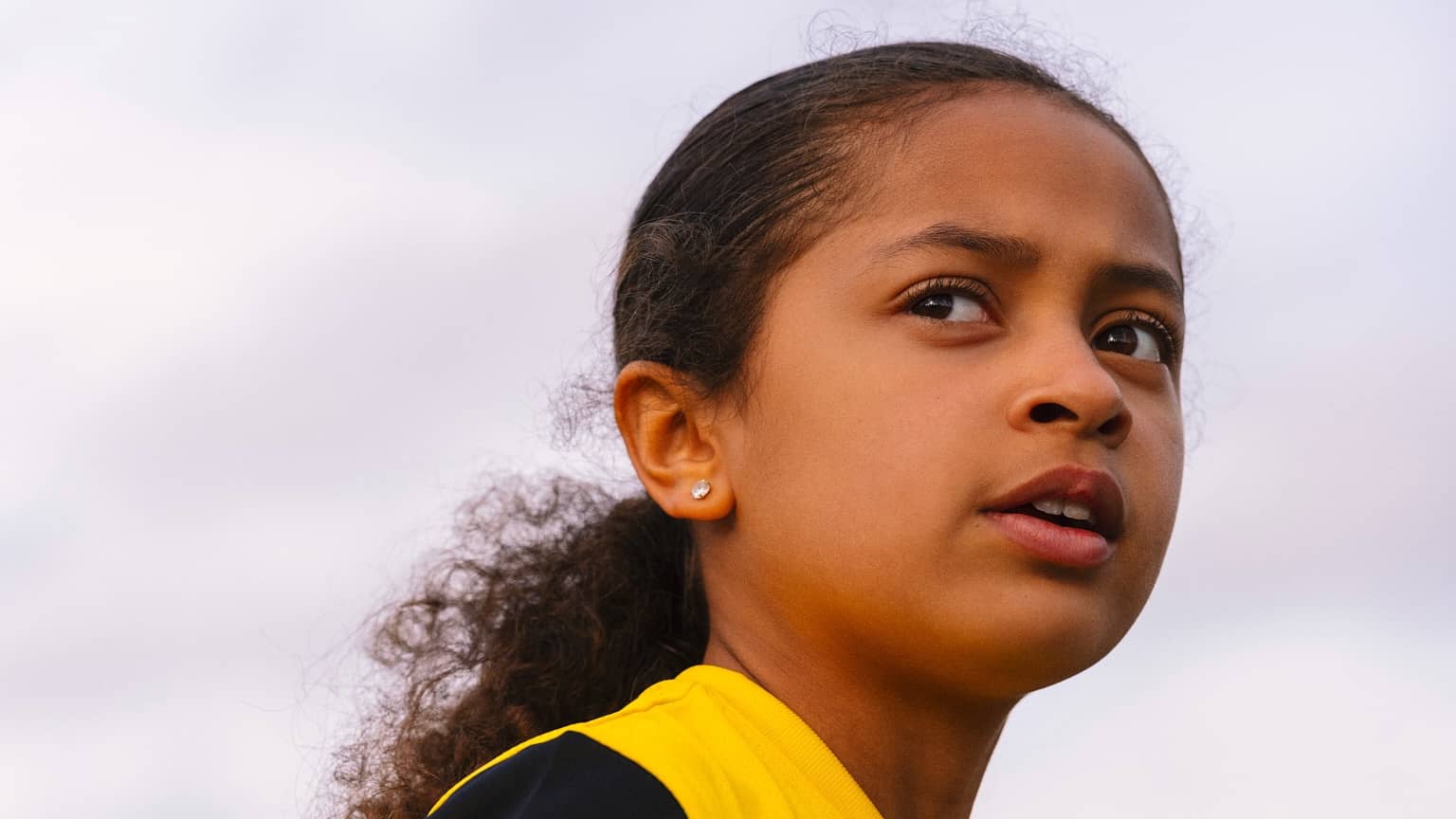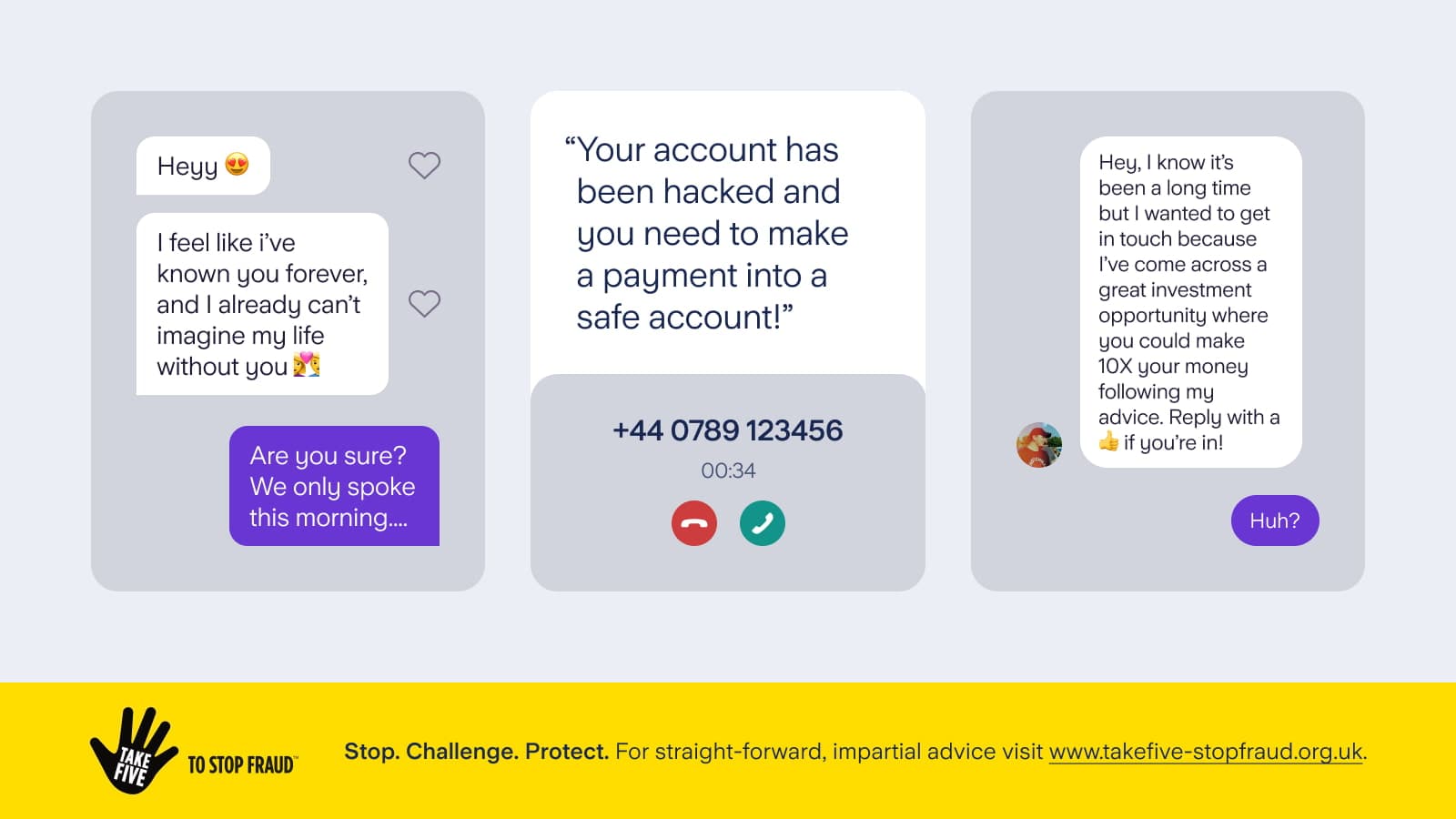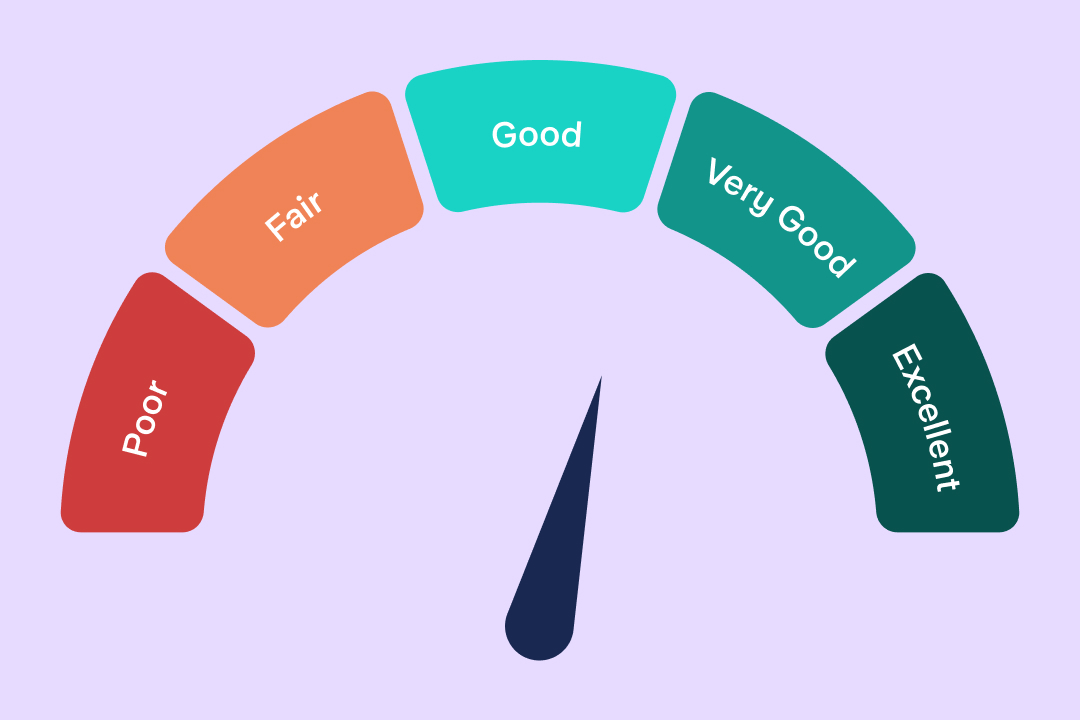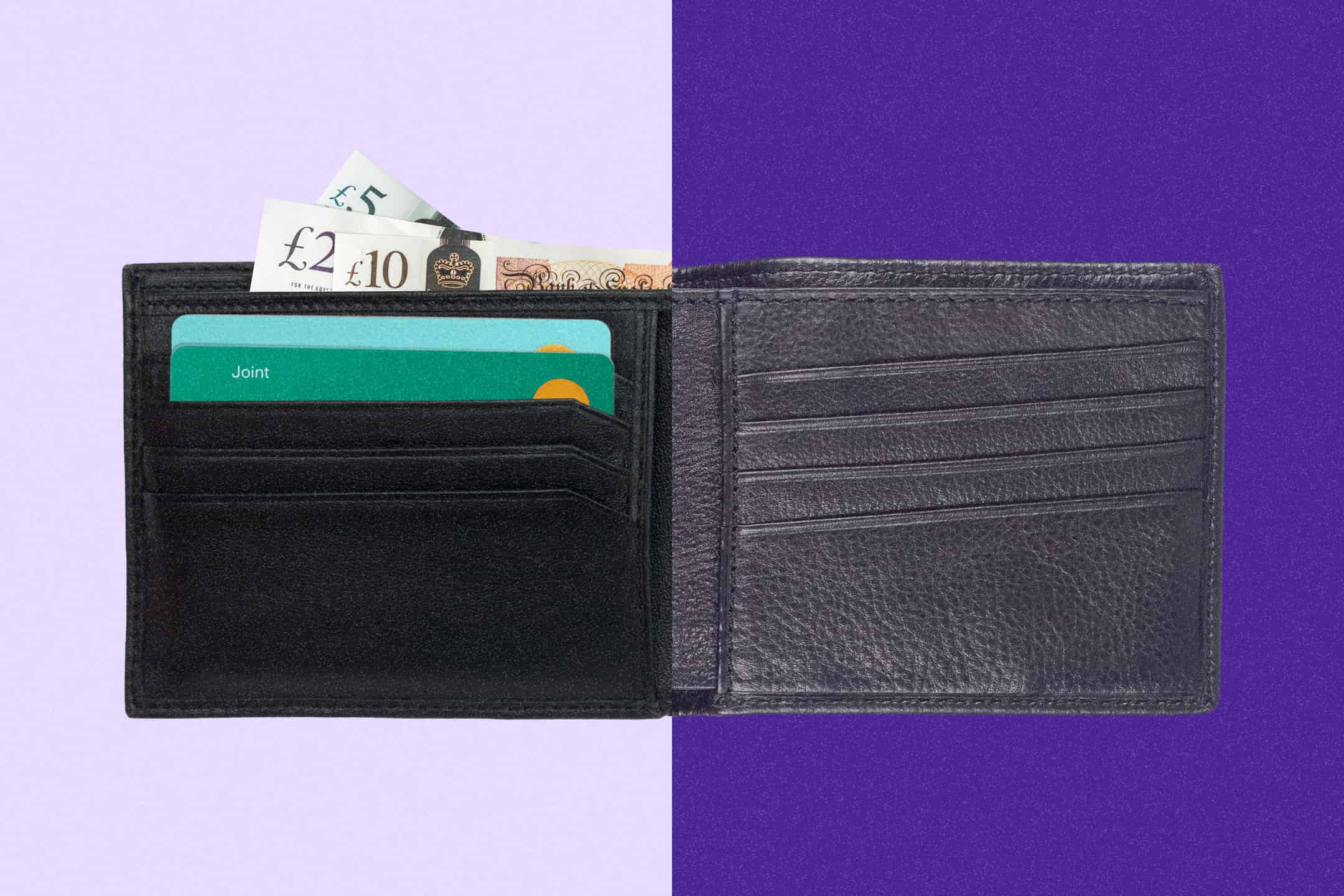
Personal finance
“We couldn’t get on the pitch – there were loads of men playing. The girls were so disappointed.”
15th May 2024

The Money Explained series tackles the basics of family finance, including lessons for the kids. Here are some ideas for adults on teaching budgeting.
Budgeting is an essential skill. It can help you better plan your finances and make it easier to live within your means. Teaching kids how to budget can help set them up for a better relationship with money in later life.
A budget is a financial plan that looks at the money coming in and allocates it to spending or savings. A good budget will ensure your needs are met in full before any money goes on non-essentials.
At the core of making spending decisions is understanding the difference between needs and wants. Talk to children about the things we need for safety and security such as a home, electricity, food and clothes. Be sure to explain these things are not the same as wants, such as Netflix shows, chocolate and fashion items.
Is there something your child wants to buy but they don’t have enough money right now? Encourage them to divide up their pocket money into three jars: one for spending, one for saving and one for sharing. It’s a great way for them to get in the habit of balancing money and saving for things which cost more than they have now.
You could also use the Starling app and the Spaces feature to do this - a Space is a place where money is ring-fenced from your main account, you can create as many as you want. You can give each one its picture, say a bike or lego, to help inspire.
Don’t fall into the trap of buying children everything they ask for. Saying no is an important part of teaching children that they can’t have everything. Explain that if it isn’t on the list when out shopping and they want it, perhaps they can save up to buy it with their own money.
Shopping games are one of the easiest ways to help children appreciate that everything has a cost and that money doesn’t grow on trees. They can work especially well for younger children. The earlier the start the better, though it’s never too late.
Create a shopping list together and let them tally up the price of each item (either in store or online shopping). If the total is more than you have to spend, talk through how to prioritise what stays and what goes back.
Older children could be tasked with planning a meal within a set budget, and then shopping for the ingredients, perhaps using their own Starling Kite card, a debit card for kids aged 6-15.
Being aware of how much money you have available is at the core of budgeting.
Setting your child up with a Starling Kite card is one way to help them keep track of how much money they’ve ‘earned’, saved and spent. From your Starling app, you get instant notifications every time money leaves or comes into their Kite. This is a great opportunity to talk about the purchase, and how much money is left over.
It’s also a good chance to talk about the money they have coming in. This might be a weekly allowance, or money from chores, or even birthday money. Have a chat about the amount of money received and how much they’d like to spend. Is there a shortfall or is there enough to start saving for a big ticket item?
Budgeting is about making choices. Using everyday experiences, teach children ‘when it’s gone, it’s gone’.
Divide up the total weekly screen time you allow your child into short blocks of time. Allow them to self-select how much screen time allowance they use in one sitting. If they use it all up in the first few days of the week, they have to wait until the next week for the allowance to reset. They’ll quickly learn the value of making sure they are saving enough for later on. Though you may want to cut them some slack the first few times.
Read other articles in our Money Explained series.
The above article is intended as general information and doesn’t constitute advice. You should take independent advice if you have any questions about your specific circumstances.

Personal finance
15th May 2024

Personal finance
13th May 2024

Personal finance
14th March 2024

Money Truths
29th May 2025

Money Truths
28th May 2025

Money Truths
20th May 2025